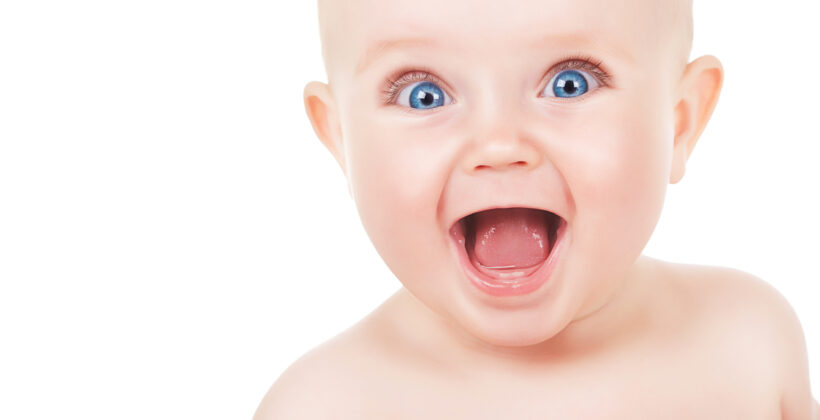As a parent, you get to experience many “firsts” with your little one: their first word, first step, and even their first dental appointment.
A common question new parents ask is, “How soon should I schedule my child’s first dental appointment?” The American Association of Pediatric Dentists recommends that children have their first dental visit after their first tooth appears or by the time their first birthday (whichever comes first). Though it may seem early, a baby’s first dental visit is essential to ensure that your child’s mouth develops appropriately and that their gums and teeth remain healthy.
Want to know what topics to anticipate at your child’s first visit to the dentist? Continue reading.
Baby Bottle Tooth Decay Prevention
Baby Bottle Tooth Decay (BBTD) happens when tooth decay forms before the age of 2 years and is caused by sending children to sleep with baby bottles filled with anything except water. Milk and sugary drinks react with oral bacteria and create acid. This acid destroys the dental enamel (surface of the teeth) and creates a cavity.
BBTD is a growing concern, so here are some ways to prevent early childhood cavities:
- Avoid sending your child to bed with a baby bottle.
- Do not share eating utensils, straws, or other objects that can transfer saliva and oral bacteria.
- Limit the amount of juice, sugar, and starchy foods your child has.
- Provide healthy, balanced meals and snacks (including fruits, vegetables, grains, dairy, and protein).
- Do not dip pacifiers in sugar or honey.
Monitor Growth and Development
Shockingly, genetics play a minimal role in jaw development. Jaw development is primarily a product of the environment. To avoid craniofacial imbalances (which may come with medical and cosmetic problems), here are the “big three” questions to ask yourself about your child’s growing mouth and jaw:
- Does my child breathe through their nose instead of their mouth?
- Can he or she seal their lips with teeth lightly touching?
- When they close their mouth, does their tongue rest on the roof of their mouth?
Pacifier and Finger-Sucking Habits
Did you know that babies have an innate sucking reflex that helps them self-soothe? When a baby sucks their pacifier or thumb, they feel more protected and gratified as they bravely navigate the new world around them or to help them relax before bedtime.
Although sucking habits can help very young babies, the American Dental Association discourages children from stopping sucking when the permanent front teeth are ready to erupt (between two and four years old).
Infant Oral Hygiene
If necessary, a dental hygienist may clean and polish your child’s teeth at the first dental appointment. Also, he or she may discuss ways to prevent tooth decay and gum disease at home, including:
- After feedings, wipe your child’s gums with a soft, damp washcloth.
- After teeth erupt, gently brush them twice a day with a soft-bristled toothbrush and a gain-of-rice-sized amount of fluoride toothpaste.
- When two adjacent teeth erupt, gently floss between them to remove any interdental bacteria.
Visit a Children’s Dentist in Lombard, IL
During your child’s first dental visit, the dental team will mainly evaluate your child’s smile for oral health or developmental issues. Dr. Julie Glud and her team want to help make your child’s first dental visit memorable and enjoyable because the first trip to the dentist sets the tone for lifetime dental health. Schedule your child’s first dental visit in Lombard, IL, by calling (630) 629-5700 or messaging us online at your earliest convenience.

